Gener8tor is the biggest startup accelerator you’ve never heard of…
TechCrunch
DECEMBER 13, 2022
One of the ways that those pots of cash are being invested is through venture capital, which means the money flows to the coasts — New York, Boston, Silicon Valley. For the past decade, Gener8tor has been working to shift that by spinning up accelerators in local communities that have money but are underserved in terms of startup support.

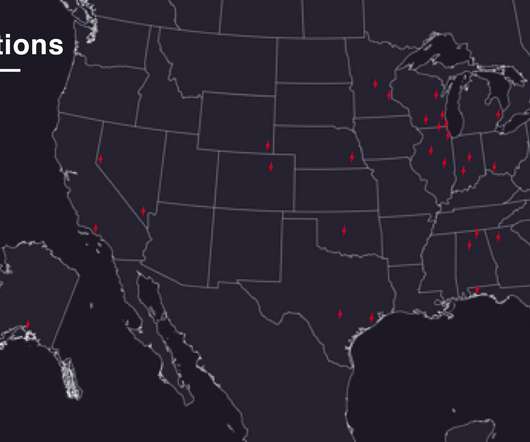
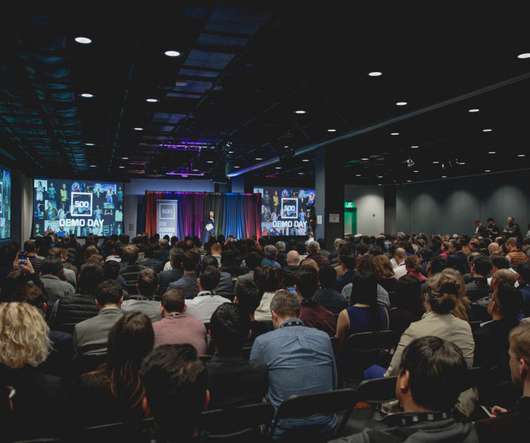
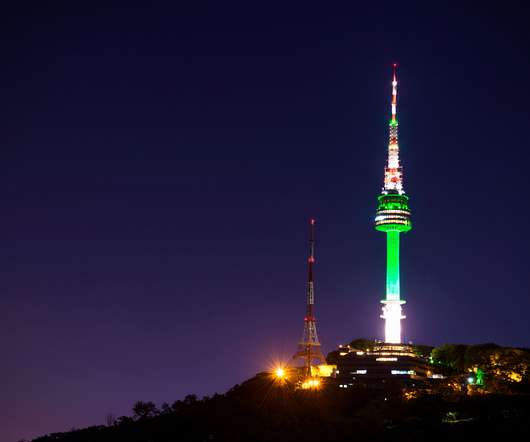
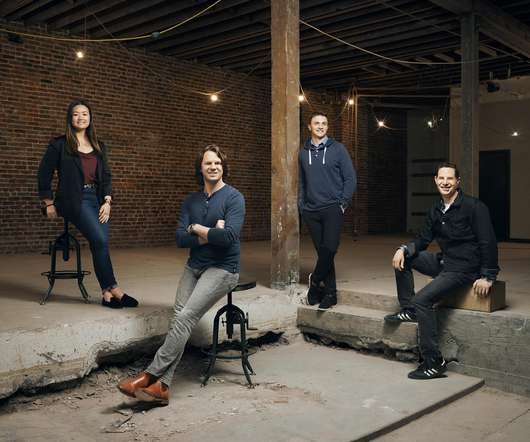
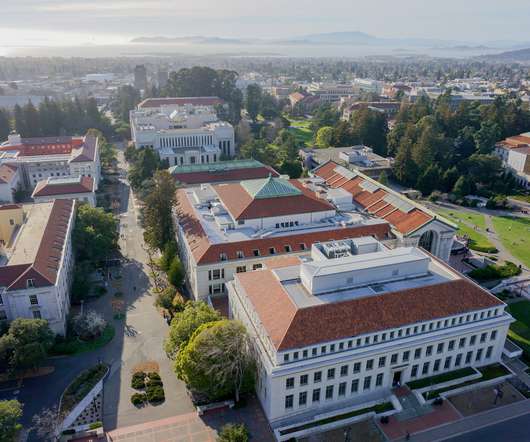








Let's personalize your content